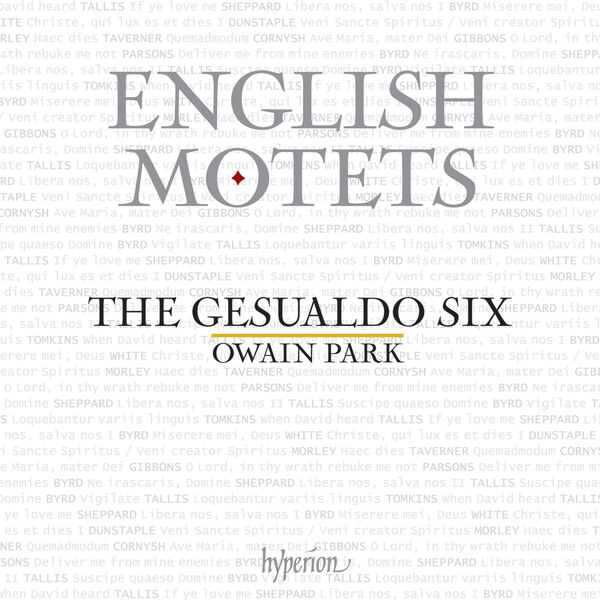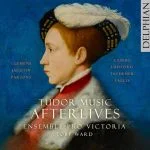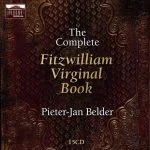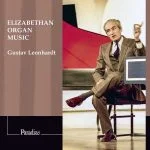

Composer: William Byrd, William Cornysh, John Dunstaple, Orlando Gibbons, Thomas Morley, Robert Parsons, John Sheppard, Thomas Tallis, John Taverner, Thomas Tomkins, Robert White
Performer: The Gesualdo Six
Conductor: Owain Park
Format: FLAC (tracks)
Label: Hyperion
Catalogue: CDA68256
Release: 2018
Size: 1.25 GB
Recovery: +3%
Scan: yes
01. Tallis: Suscipe quaeso Domine
02. Byrd: Vigilate (from Cantiones sacrae 1589)
03. Tallis: Loquebantur variis linguis
04. Tomkins: When David Heard
05. Tallis: If ye love me
06. Sheppard: Libera nos, salva nos
07. Byrd: Miserere mei
08. White: Christe qui lux es et dies I
09. Dunstaple: Veni Sancte Spiritus / Veni creator Spiritus
10. Morley: Haec dies
11. Taverner: Quemadmodum
12. Cornysh the elder: Ave Maria Mater Dei
13. Gibbons: O Lord, in thy wrath rebuke me not
14. Parsons: Deliver me from mine enemies
Byrd: Ne irascaris Domine
15. I. Ne irascaris, Domine
16. II. Civitas sancti tui
17. Sheppard: Libera nos, salva Nos. II
The versatile Owain Park adds another two roles—those of singer and director—to his burgeoning Hyperion discography, while The Gesualdo Six make their label debut. Their programme of motets ranges widely across the religious musical landcsapes of medieval and Tudor England.
The Gesualdo Six literally made its name with performances of Carlo Gesualdo’s Tenebrae Responsories, but that’s not the British vocal consort’s only specialty. Each of the singers was trained in the English choral tradition, and sacred works of the 16th and 17th century are close to their hearts. This 2018 Hyperion release is a brief survey of motets by Thomas Tallis, William Byrd, Thomas Tomkins, John Sheppard, Robert White, John Dunstaple, Thomas Morley, John Taverner, William Cornysh, Orlando Gibbons, and Robert Parsons, which represent the changing theological and liturgical aspects of English religion in the Renaissance. The ensemble, conducted by Owain Park, sings with evenly blended tones and an extraordinary harmonic richness, notwithstanding the assignment of one voice to a part and the exposed polyphony that sometimes creates an austere effect. Also quite noticeable are the cross-relations that add poignant dissonances to the counterpoint, as in Tallis’ Loquebantur variis linguis, Taverner’s Quemadmodum, Gibbons’ O Lord, in thy wrath rebuke me not, and Parsons’ Deliver me from mine enemies. This album was recorded in Trinity College Chapel, Cambridge, where The Gesualdo Six gave its first performances, and the sound is enhanced by vibrant acoustics that give the group a radiant aural halo.



